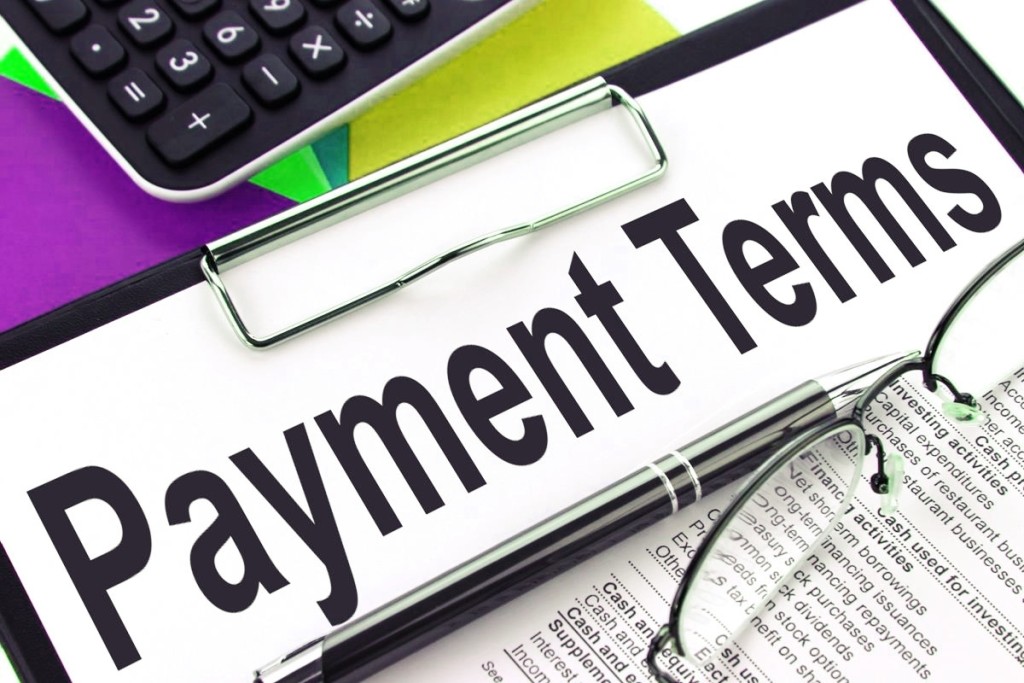
New Big Tech Regulations To Slow Down Technology Innovation
BY
LFMI / July 25, 2023
July 3 marked an important stage in implementing the EU’s new big tech regulations under the Digital Markets Act (DMA). The European Commission started thresholds checks for large internet platforms that are considered to have a strong economic position and a large user base to impact the internal market.










